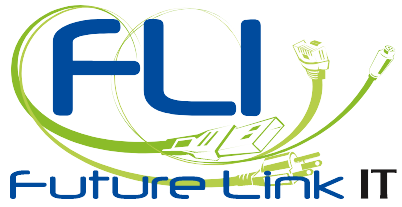
Technology has revolutionized the work environment and millennials are pushing this new culture as far as possible. Employees expect versatility and flexibility where they work and that means being allowed and encouraged to BYOD – bringing your own device.
74 percent of organizations are either already using or planning to allow employees to bring their own devices to work, according to a 2015 report by ZDNet.
The hazards of BYOD
- Security threats to your network: Android systems have been notoriously more susceptible than Apple to carrying and sharing viruses; however, no tech device is immune. If your employees are bringing devices in or working remotely, then antivirus software must be set up on all devices and firewalls secured.
- Additional and unexpected expenses: When personal devices enter the workforce, the burden of implementing, monitoring and paying for precautionary measures comes into play. As a business you need a clear, concise plan that outlines who manages what devices can be used, how they will be secured and who will pay to maintenance costs. Educating your IT department on the variety of devices and overseeing new devices as they come into your environment can add unexpected expenses.
- Software incompatibility: Software is finicky and doesn’t always work at its best under certain platforms. Some CRM programs work great in Chrome but not so well in Safari, for example. It can drain your business of resources if your software and hardware aren’t set up to work properly across all technology; especially considering BYOD.
A tech partner should be prepared to help you through any current issues as well as foresee what might be coming in the near future. The team at Future Link IT are able to help you decide the best rules for your business, write policies and even be the scapegoat when employees try to bend the rules.
